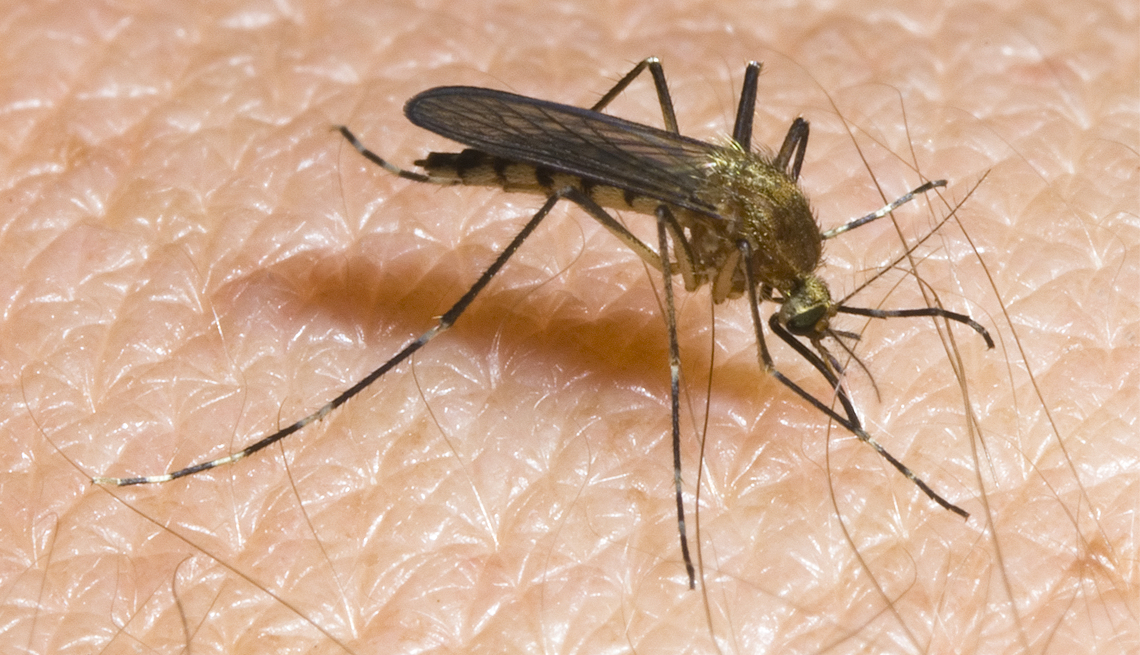
4 things to know about eastern equine encephalitis
- Select a language for the TTS:
- UK English Female
- UK English Male
- US English Female
- US English Male
- Australian Female
- Australian Male
- Language selected: (auto detect) - EN
Play all audios:

Hearing news that a New Hampshire resident died after being infected with eastern equine encephalitis (EEE) virus may be worrisome, but there’s no need for panic. Although mosquito season
is still going strong, this mosquito-borne disease is a rarity. Only a few cases are reported in the United States each year. So far in 2024, the Centers for Disease Control and Prevention
(CDC) has confirmed five cases total in New Jersey, Wisconsin, Massachusetts, Vermont and New Hampshire. Several communities in Massachusetts are taking extra precautions to limit the
potential spread of the virus after discovering elevated levels of the virus in mosquitoes. WHAT IS EASTERN EQUINE ENCEPHALITIS? Eastern equine encephalitis is a rare but serious
mosquito-borne disease. On average, fewer than 10 cases are reported annually in the U.S., mostly in eastern or Gulf Coast states. There is no approved vaccine or antiviral treatment
available for infections, which can cause flu-like symptoms. More severe cases include inflammation of brain tissue, known as encephalitis. About a third of people who develop encephalitis
from the virus die from the infection; those who survive often have ongoing physical or neurological problems, according to the CDC. Speaking to the Associated Press, Richard Ellison, M.D.,
an immunologist and infectious disease specialist at the University of Massachusetts Memorial Medical Center, explained that such an infection is “very, very severe.” “Although it’s a very
rare infection, we have no treatment for it,” he said. “Once someone gets it, it’s just — all we can do is provide supportive care, and it can kill people.” There were seven cases nationally
last year. The last major outbreak occurred in 2019 when 38 cases, including at least a dozen deaths, were reported. Here are four things you should know about the virus, including how to
protect yourself during mosquito season. 1. SYMPTOMS APPEAR SEVERAL DAYS AFTER A BITE Eastern equine encephalitis virus infection can result in fever or neurologic disease. The type of
illness will depend on the age of the person and other factors. Adults 50 and older are among the groups at highest risk for a severe infection. Symptoms usually appear between four to 10
days after being infected from a mosquito bite. According to the CDC, mild symptoms lasting a week or two can include: More severe cases involve neurologic disease, including encephalitis
or meningitis (inflammation of the membrane that surrounds the brain and spinal cord). Signs and symptoms of neurologic disease might occur after several days of systemic illness and can
include: * Fever * Headache * Vomiting * Diarrhea * Seizures * Behavioral changes * Drowsiness * Coma
